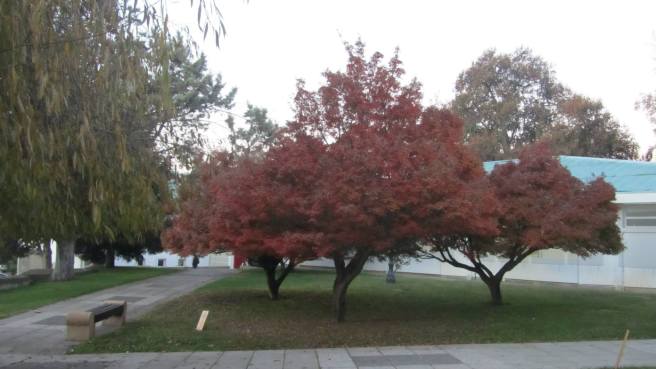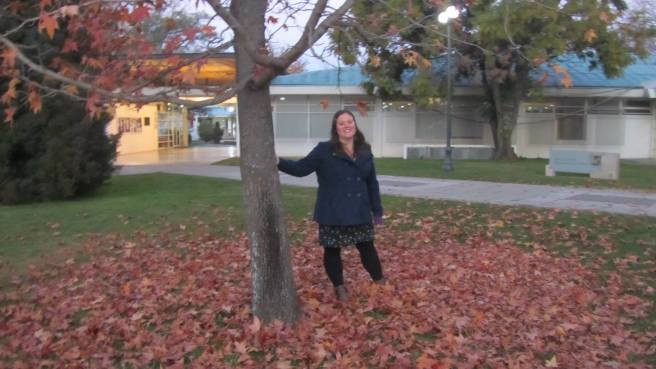
It was seven years ago last week that I started my first EFL teaching job, as a language assistant with the British Council, at the Universidad de Talca, in Talca, a medium-sized Chilean provincial city about three hours south of the capital, Santiago.

I still have very vivid memories of that year in my life:
- how much I enjoyed teaching and spending time with my students (I’m still in contact with some of them now);
- how Talca felt like a different world from Santiago, where I’d previously lived for a year as a student (and how I enjoyed living there so much more once I got to know some of my colleagues and students much better);
- the feeling of being thrown in at the deep end (I taught my first day of classes without ever even having met my boss or having been shown round the department);
- how little training I’d had for the job I was doing (I had had no EFL training whatsoever, and the British Council induction day we went on focussed almost exclusively on admin requirements; I didn’t get any training whilst I was working there, either);
- how patient my line manager was and how she trusted me and was happy to let me experiment;
- how frustrating the bureaucracy was (I was often paid late, once up to 3 months late, due to problems with paperwork, with the British Council either unable or unwilling to do anything about the situation at my host university).
At the end of that year, I said goodbye to Talca with very mixed feelings. I had a place to do a Masters in Latin American Studies and I didn’t imagine that I’d ever work as an EFL teacher again.
Fast forward seven years and (after a Masters, some time back home, a CELTA, teaching in Poland and the UK, and Delta) and I’m now back in Chile, working in Santiago as a teacher and CELTA trainer in a private language school. And last week, two British Council language assistants arrived at the language school branch that I teach some General English classes at.
Unlike when I was a language assistant (I started teaching on my very first day but “only” taught conversation), they get to observe classes for a term before starting to teach (but then could be asked to teach any class, which is less than ideal….). They’ll have a more-or-less fixed timetable of observing the teachers who work at the branch, including me, but no other formal training (neither have CELTA but I believe that one of them has done an online course). I want to help them as much as possible and give them some training, both for their sakes and for the benefit of their future students (“The British Council Language Assistant program promotes a native speakerist ideology. Discuss.”). My boss is very happy for me to do this, but there are certain practical difficulties, mainly involving a lack of time and a lack of structure.
So far, my ideas are along the lines of:
- getting them involved as much as possible in the classes, participating in speaking activities but also monitoring students;
- giving them observation tasks (possibly similar to CELTA observation tasks) so that they can really focus on teaching techniques;
- eventually working towards them planning and carrying out some activities with one of my classes, with me observing and giving feedback.
I managed to briefly discuss this with both of the language assistants and they are keen to get some training but (understandably) don’t really know of any specific needs they’ve got (although they’ve admitted to being nervous about teaching grammar, which isn’t really surprising).
I’ve only been observed by one of them so far (with my B1 young adult class) and it went reasonably well. I got my students to interview him, and then he observed the rest of the class, taking part in some of the speaking activities. As I didn’t have time to prepare an observation task, I asked him just to write down things that surprised him/were different from his previous experience of learning languages, and we discussed them after the lesson.
I’d be grateful for any other ideas (or ideas for specific observation tasks)…
